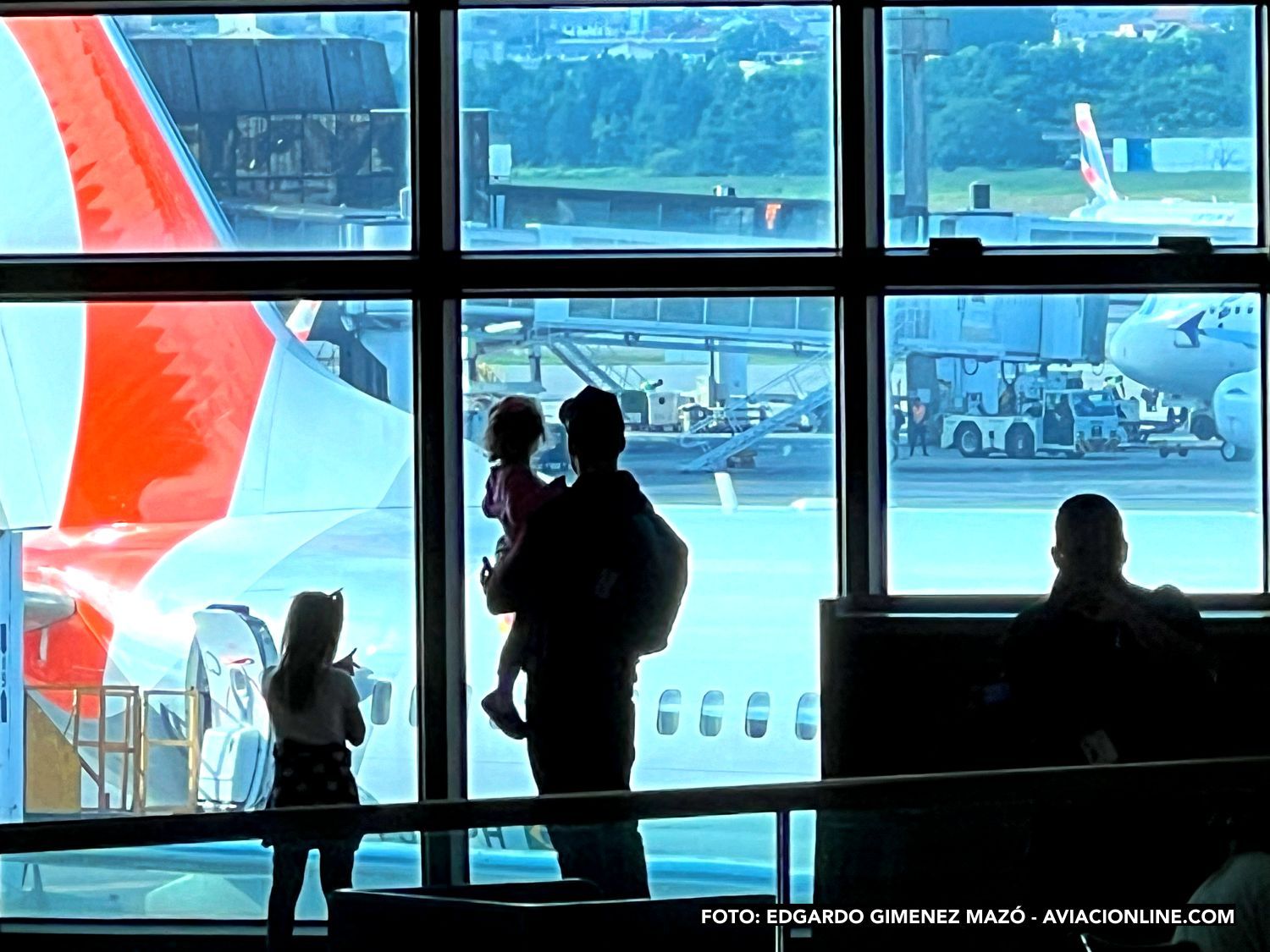Brazilian Congress Approves USD 890 Million Financing for Airlines
The Brazilian Chamber of Deputies approved yesterday, Wednesday (28), a bill that allows the use of resources from the National Civil Aviation Fund (FNAC) to finance airlines operating regular flights in the country. The measure, provided for in the proposal that amends the General Tourism Law, has already been approved by the Senate and now heads to presidential sanction.
«Financing airlines is essential to expand the aircraft fleet in the country and the number of flights and tickets offered. This reduces the operating cost of the companies and, consequently, further lowers the fare prices,» said Silvio Costa Filho, Minister of Ports and Airports. According to data from the National Civil Aviation Agency (ANAC), the average airfare between January and June 2024 dropped by approximately 11% compared to the same period in 2022, reports our partner media in Brazil, Aeroin.
Upon sanction, an FNAC Management Committee will be established, which, under the guidance of the Ministry of Ports and Airports (MPor), will have its powers and composition regulated by decree, being an essential body for the effective management of the fund. Among its responsibilities, the Management Committee will decide on the FNAC resource limits to be allocated for loans. It is estimated that the fund will allow the financing of around R$ 5 billion (~USD 890 million) to strengthen airlines operating regular flights in the country. Currently, the FNAC has a balance of approximately R$ 8 billion.
This comes as two of the country’s major airlines are experiencing financial crises. GOL had already filed for Chapter 11 bankruptcy in January of this year, and Azul is on a similar path.
According to the approved bill, the National Bank for Economic and Social Development (BNDES) will be the primary operator of the FNAC for financing purposes. Additionally, other banks or financial institutions, whether public or private, may participate in these financings with FNAC resources, provided they assume the risks of the operations and are authorized by the BNDES for this purpose.
Furthermore, a resolution from the National Monetary Council (CMN) will be published to regulate the different available financing lines, their specific purposes, applicable interest rates, repayment terms, fees, and other conditions that financing borrowers must meet.
The FNAC, a fund linked to the Ministry of Ports and Airports, was created in 2011 with the aim of promoting the development of the national civil aviation system. It is not limited to financing loans but also supports public policies aimed at regional aviation, the development of sustainable fuels, and subsidizes the purchase of aviation kerosene (QAV) for airports in the Legal Amazon.


Para comentar, debés estar registradoPor favor, iniciá sesión